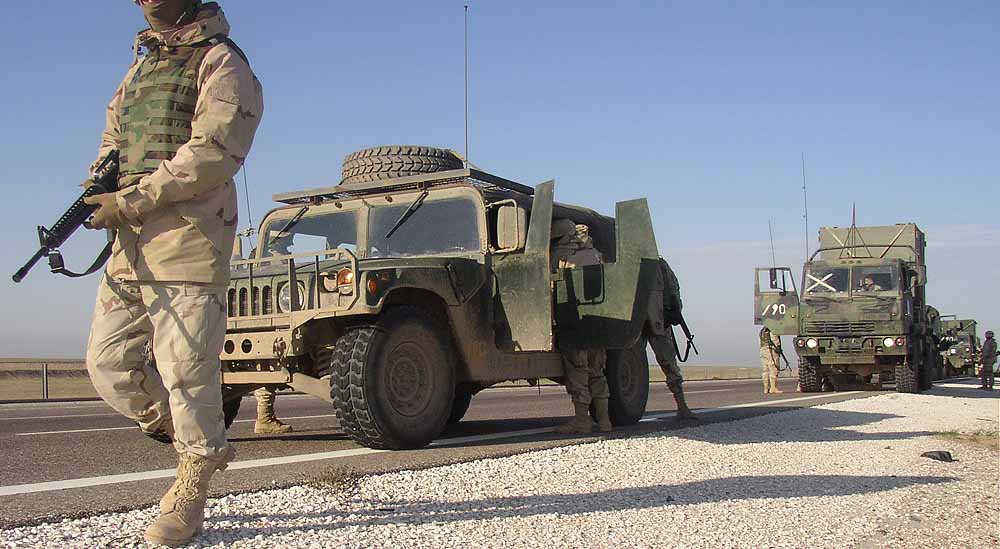Withdrawal Is Not an Option
Many of us are frustrated with the war in Iraq. No one doubts that serious mistakes have been made, and everyone is anxious for a panacea.
The problem is, instant gratification is not a strategy. Instant gratification, while emotionally pleasing, will only require our future return to mop up the metastasized mess.
First, consider the calls to cut our losses and redeploy. Presidential candidate and New Mexico Governor, Bill Richardson, wants to “bring all the troops home … in six months, with no residual forces.”
But as Richardson’s colleague, Senate Foreign Relations Committee Chairman Joe Biden, retorts, “It’s time to start to tell the truth” about such withdrawal. “If we started today, it would take one year—one year—to get 160,000 troops physically out of Iraq.” Indeed, 19 years ago, it took the Soviets nine months to extract 120,000 men from Afghanistan, and they were simply going next door.
Slowing things down further is the staggering amount of stuff we would need to take with us—or destroy or sell if we couldn’t, lest it fall into the wrong hands. According to Time magazine, the U.S. currently has 45,000 ground-combat vehicles in Iraq, spread out across 15 bases, 38 supply depots, 18 fuel-supply centers and 10 ammo dumps. Equally daunting, equipment re-entering the United States must be inspected for any microscopic diseases.
Moreover, the price of pulling out prematurely is gigantic and grave. In the north, Kurds and Arabs would do battle for oil wells, as Kurdistan drifted toward independence, instigating skirmishes with, and possibly an invasion by, Turkey. In the south, an emboldened Iran would stop pussyfooting and uncork its influence, establishing a theocratic Shiite foothold, with neighborhoods controlled by militias like the Badr Organization and the Mahdi Army. The middle of the country would erupt in a bloodbath.
Those who contend that Iraq cannot get much worse than it is now would do well to remember that this was the same refrain about Lebanon before civil war enveloped that country and about Somalia before the U.S. rushed out in 1993. In short, the only thing standing between the shaky stability of present-day Iraq and an ethno-sectarian inferno scorching the Persian Gulf is the United States armed forces.
We should also honor our humanitarian obligation to leave Iraq more stable and more secure than we found it. To paraphrase Colin Powell, We broke it, so we own it; now we must fix it.
Finally, retreating without a decisive victory would perpetuate our enemies’ perception of us as a paper tiger. Early evacuation might also trigger an arms race among our friends and allies, who would no longer trust the weak-kneed U.S. to defend them, and it would surely endanger our diplomats around the world, who would become tempting targets for every would-be, tin-pot terrorist who questioned American resolve.
So, where do we go from here? Iraq today is at a crossroads. Prudence dictates that we stay the course until at least September 15, when Gen. David Petraeus, the top U.S. commander in Iraq, and Ryan Crocker, the U.S. ambassador to Iraq, will deliver a report detailing our progress, or lack thereof.
In the meantime, preventing the country—and thus the Gulf, and thus the world—from slipping beyond repair will take patience and cause pain. But whatever our instincts may demand, a brighter future for the Iraqi people and vindication that American lives have not been lost in vain is still very much possible.

 Comments
Comments